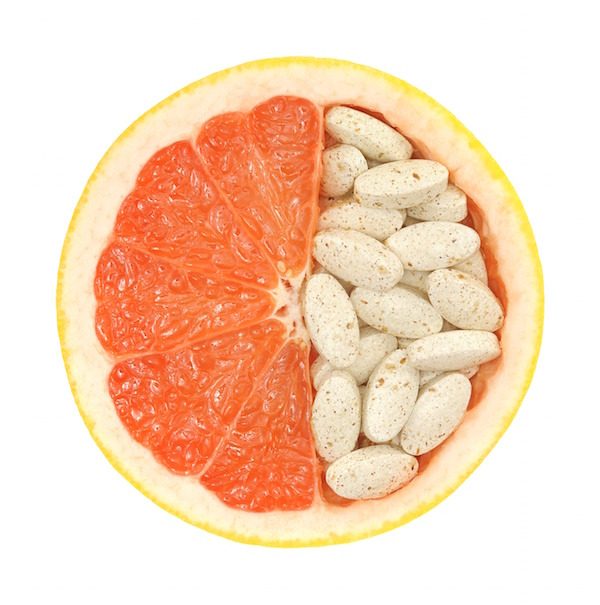
TUESDAY, Nov. 15 (HealthDay News) — High doses of the cholesterol-lowering statins Crestor and Lipitor reduced the amount of plaque in coronary arteries and reversed the progression of coronary artery disease, new research shows.
The study included 1,385 patients who took either 40 milligrams (mg) of Crestor (rosuvastatin) or 80 mg of Lipitor (atorvastatin) daily and were followed for two years.
The major finding was that the amount of coronary artery plaque fell 0.99 percent with Lipitor and 1.22 percent with Crestor. The difference between the two drugs is not statistically significant, the researchers noted.
“Regression of plaque has been the holy grail of heart disease treatment, and in this trial more than two-thirds of the patients had regression,” lead researcher Dr. Stephen J. Nicholls, cardiovascular director of the Cleveland Clinic Coordinating Center for Clinical Research in Ohio, said in an American Heart Association news release.
“It’s a very positive outcome for patients and shows the benefits of high doses of statins,” Nicholls added.
The findings were to be presented Tuesday at the American Heart Association annual meeting in Orlando, Fla., and are published in the New England Journal of Medicine. The study was funded by AstraZeneca, which markets Crestor.
Among the other study findings:
- Crestor reduced total plaque in 71.3 percent of patients and Lipitor reduced total plaque in 64.7 percent of patients.
- Average levels of “bad” low-density lipoprotein (LDL) cholesterol were 62.6 mg/dL in patients taking Crestor and 70 mg/dL in patients taking Lipitor.
- Average levels of “good” high-density lipoprotein (HDL) cholesterol were 50.4 mg/dL in patients taking Crestor and 48.6 mg/dL in patients taking Lipitor.
“The differences between the two drugs were modest and the difference in HDL levels was less than we were anticipating based on previous studies,” Nicholls said in the news release.
The patients in this study had undergone coronary angiography, usually because they’d experienced chest pain and had abnormal results on a stress test.
In previous studies of patients who had similar characteristics and took lower doses of statins, 15 percent to 20 percent suffered a heart attack or stroke or required angioplasty to open a clogged artery over two years of follow-up. The rate of such events among patients in this new study was less than half of that.
“Doctors have been reluctant to use high doses of statins, but in this study the drugs were safe, well-tolerated and had a profound impact on lipid levels, the amount of plaque in vessel walls and the number of cardiovascular events,” Nicholls said.
More information
The American Academy of Family Physicians has more about coronary artery disease.

